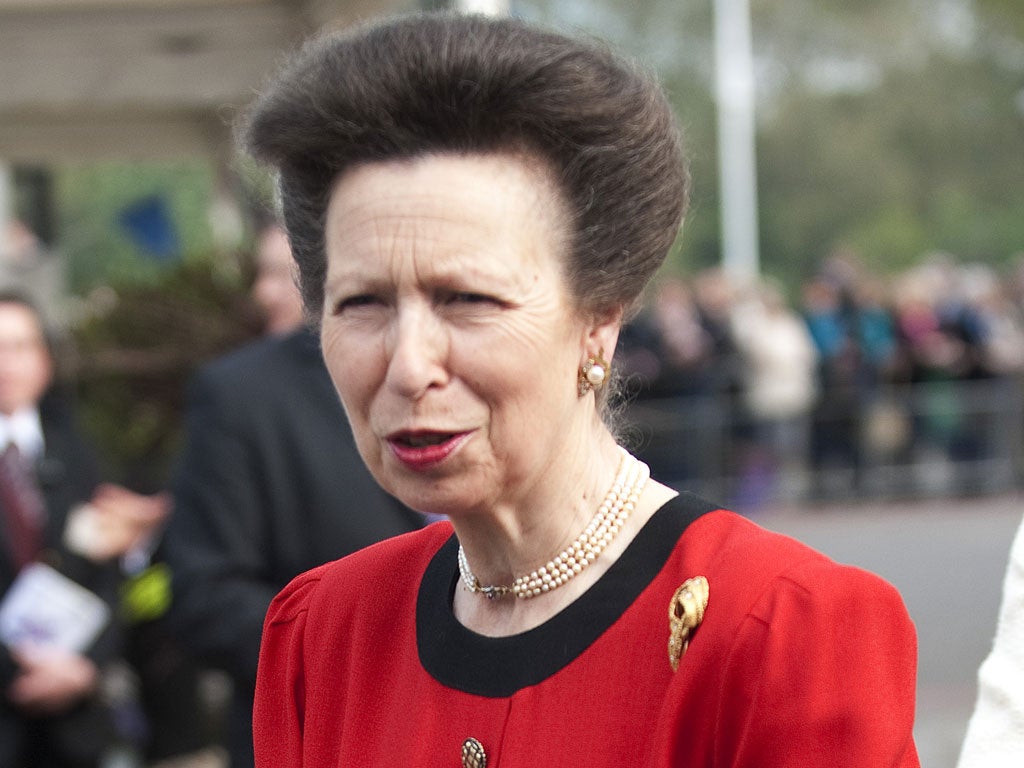Princess Anne urges Britons to consider eating horsemeat
Princess Royal has argued that a shift in attitudes could help improve the treatment of the animals.

Princess Anne has urged Britons to consider eating horsemeat in order to improve standards of care for the animals in life.
The Princess Royal, a former British equestrian eventing champion, argued that horse owners may take better care of their animals if they believed they could profit from their meat after death.
Speaking at the World Horse Welfare Organisation she said: "Our attitudes to the horsemeat trade and the value of horsemeat may have to change.
"Should we be considering a real market for horsemeat and would that reduce the number of welfare cases if there was a real value in the horsemeat sector?
"I chuck that out for what it's worth because I think it needs a debate."
She pointed to the fact that in France a fillet of horsemeat is often the most expensive meat in local butchers.
"We've got to face that," she said. "We've got to understand whether that value has also a part to play in how we reduce welfare cases."
Her comments follow warnings by charities of a horse welfare crisis, with 7,000 animals currently at risk of abandonment and neglect.
When the horsemeat scandal broke in January of this year, Tesco found that some 29 per cent of meat in its everyday value burgers was horsemeat.
In her speech, The Princess Royal claimed that the outrage was not over the consumption of horsemeat but rather that the product was mislabelled.
"Arguably, our response to the horsemeat scandal was that that was food that was improperly marked, not that it had horsemeat in it, and if that you'd put the proper label on it and put it back on the shelves, that would have been the proper answer for everybody," she said.
A test on Asda's smart price corned beef by the supermarket found very low levels of horse drug phenylbutazone, knows as bute, which is banned from the human food chain.
Horse meat containing bute at very low levels presents an extremely low risk to human health, officials said.
Join our commenting forum
Join thought-provoking conversations, follow other Independent readers and see their replies
Comments
Bookmark popover
Removed from bookmarks